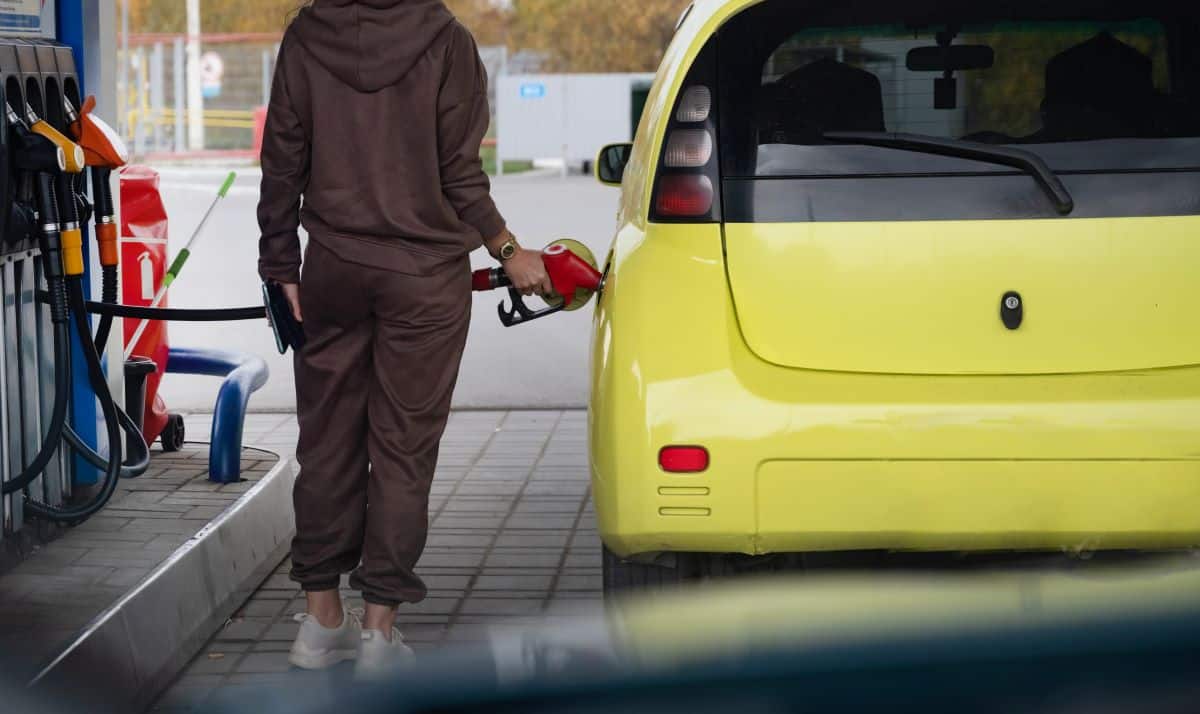While gas stations are convenient pit stops on long road trips, not everything they offer is a good choice. Here are several items you might want to avoid buying at gas stations, especially if you’re concerned about staying healthy, avoiding junk food, or not overspending.
1. Pre-packaged Sandwiches and Salads
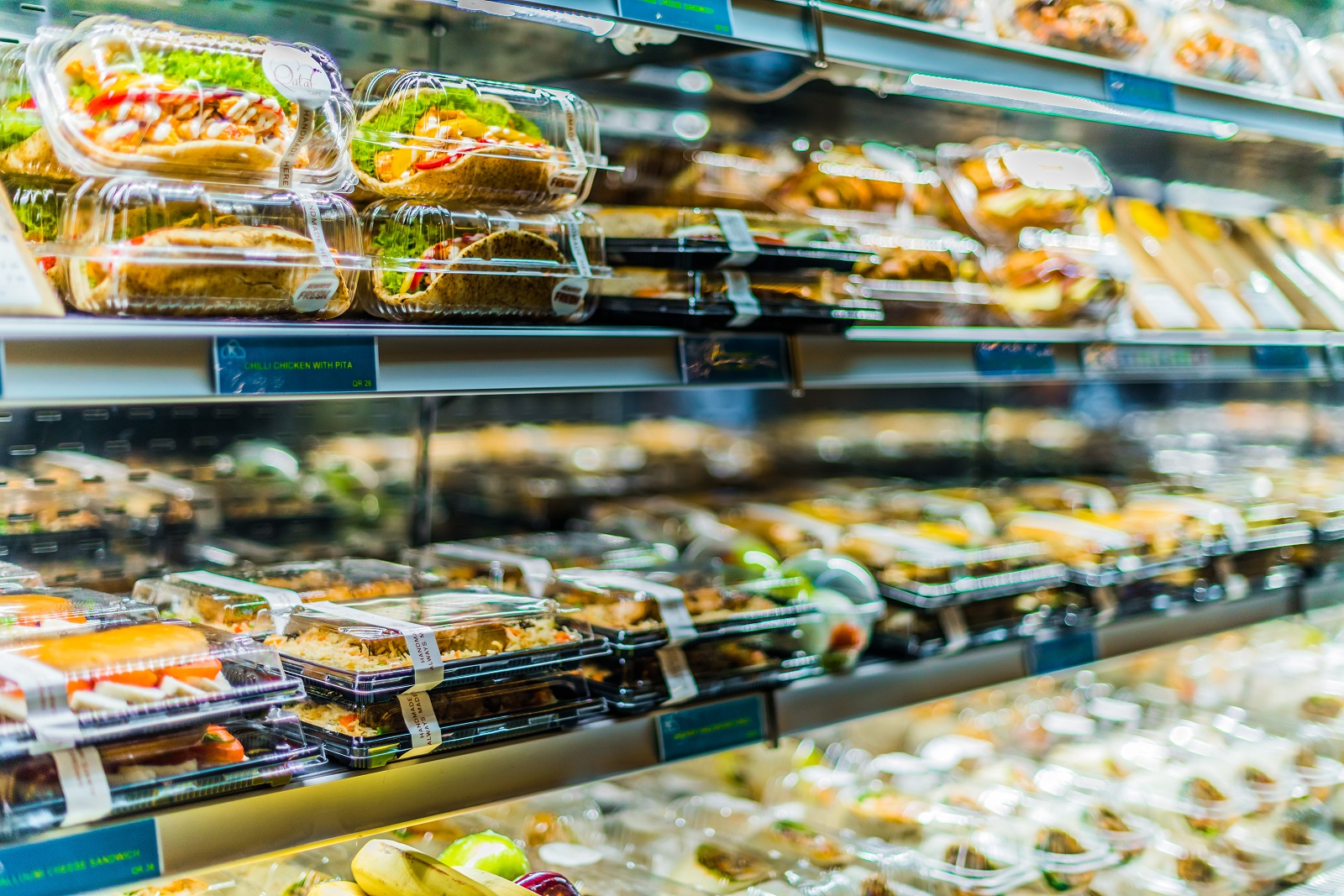
These items can be a gamble in terms of freshness and can sometimes lead to foodborne illnesses if they haven’t been stored at proper temperatures.
2. Sushi
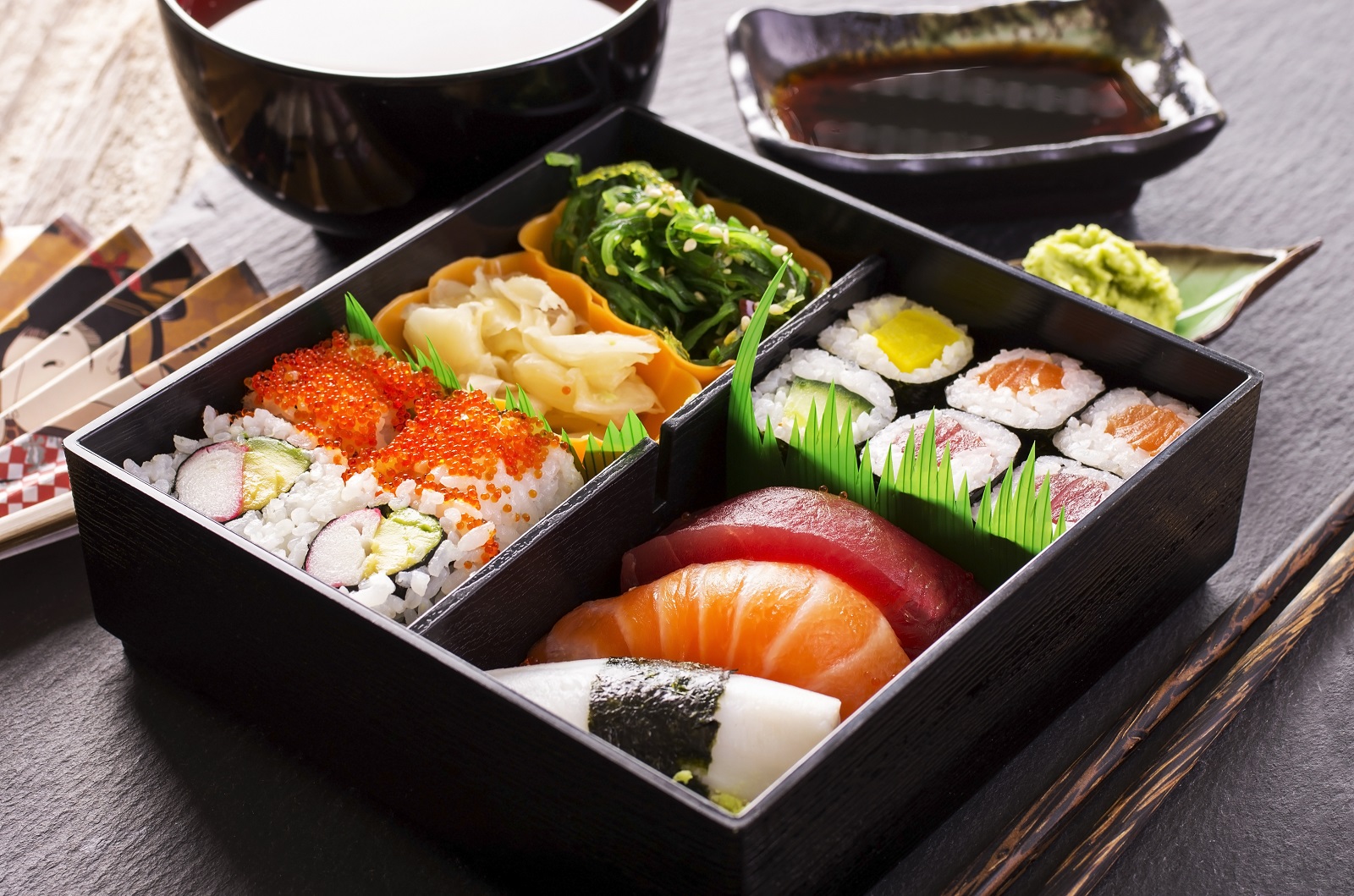
Buying sushi from a gas station is risky; it’s a food that needs to be fresh and properly refrigerated, which can be questionable at a roadside stop.
3. Hot Dogs or Roller Grill Items
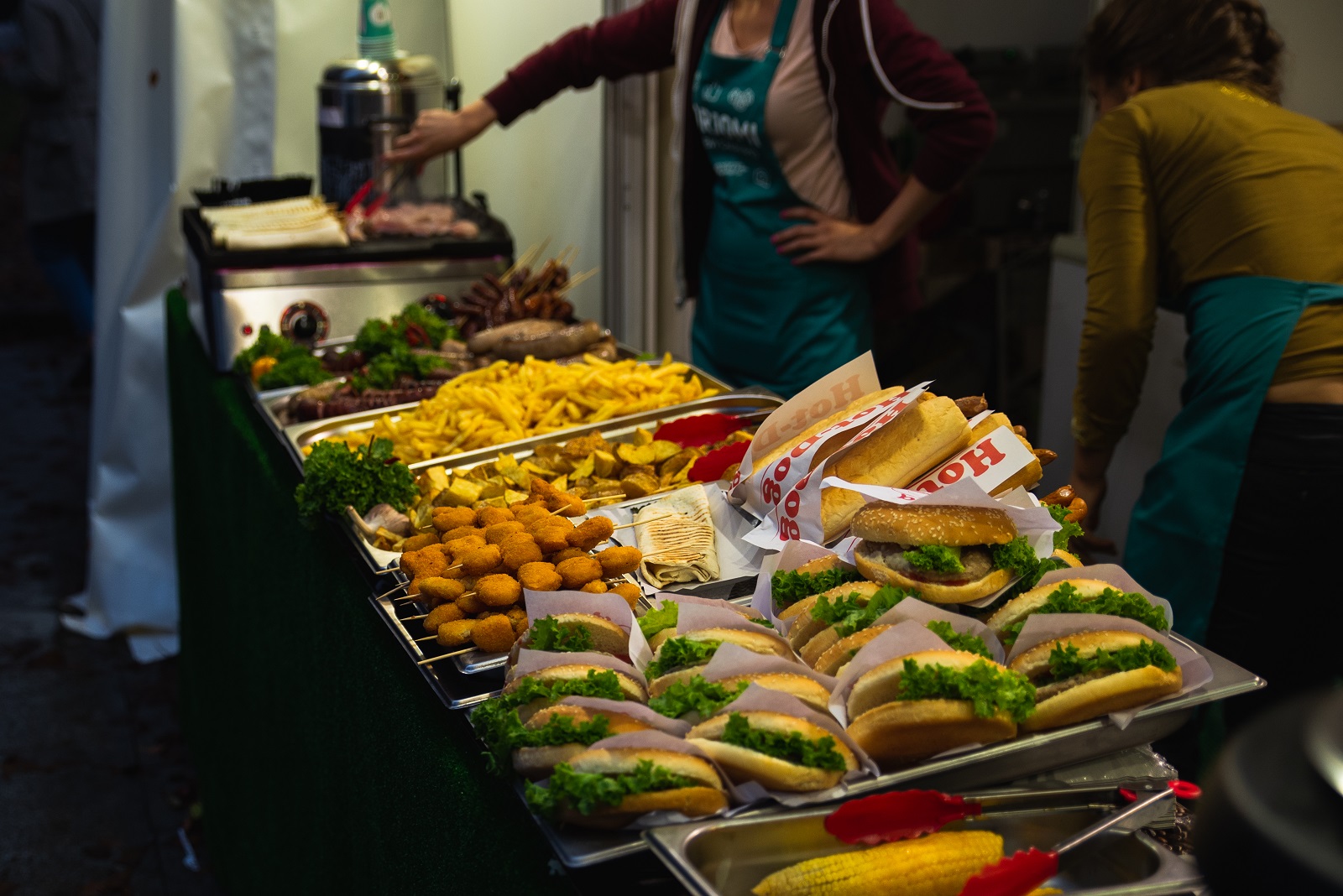
These are often left out for an indeterminate amount of time, raising concerns about how long they’ve been warming and their potential for causing stomach upset.
4. Slushies or Ice Dispensed Beverages
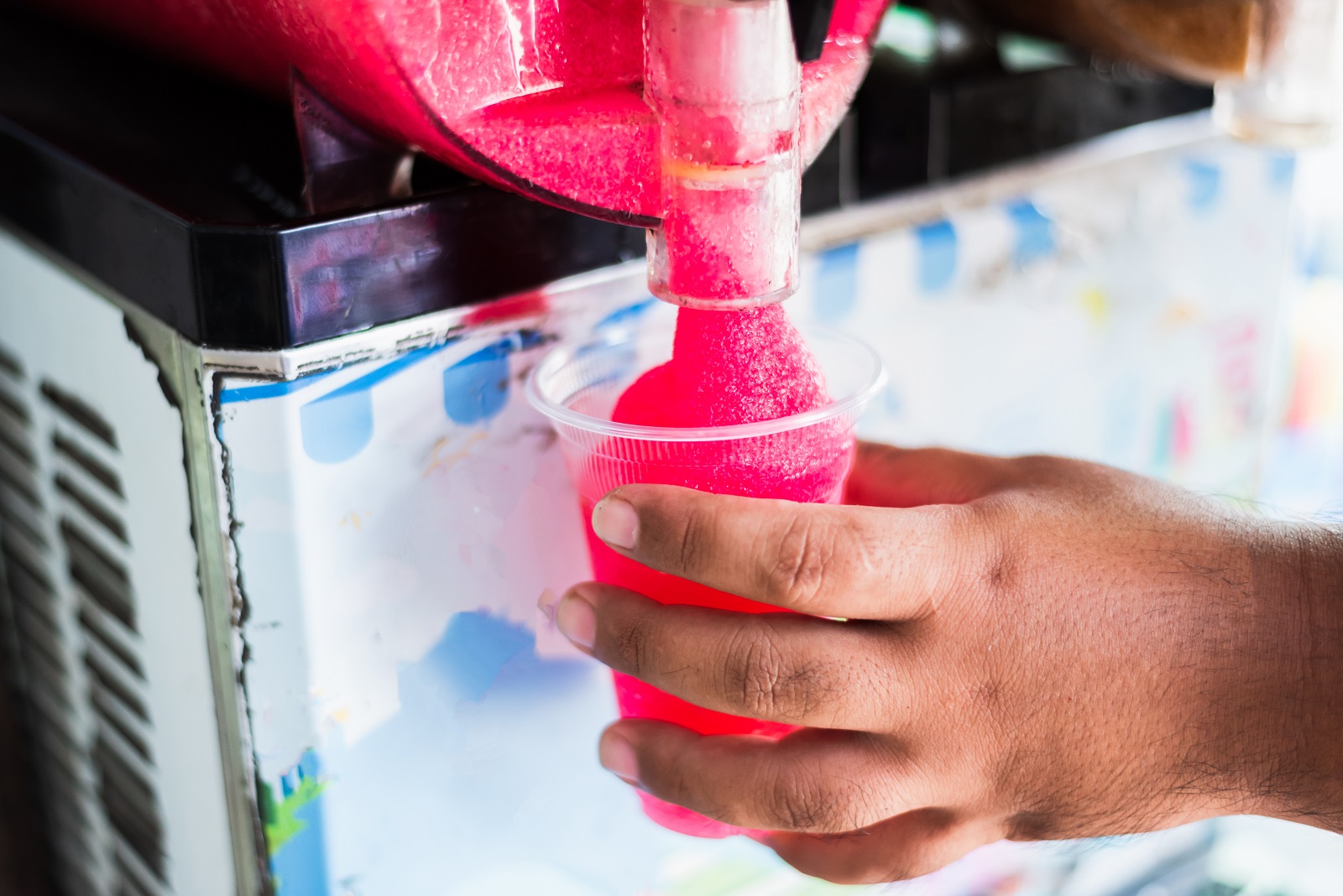
The machines dispensing these drinks may not be cleaned as frequently as necessary, potentially leading to bacteria buildup.
5. Coffee
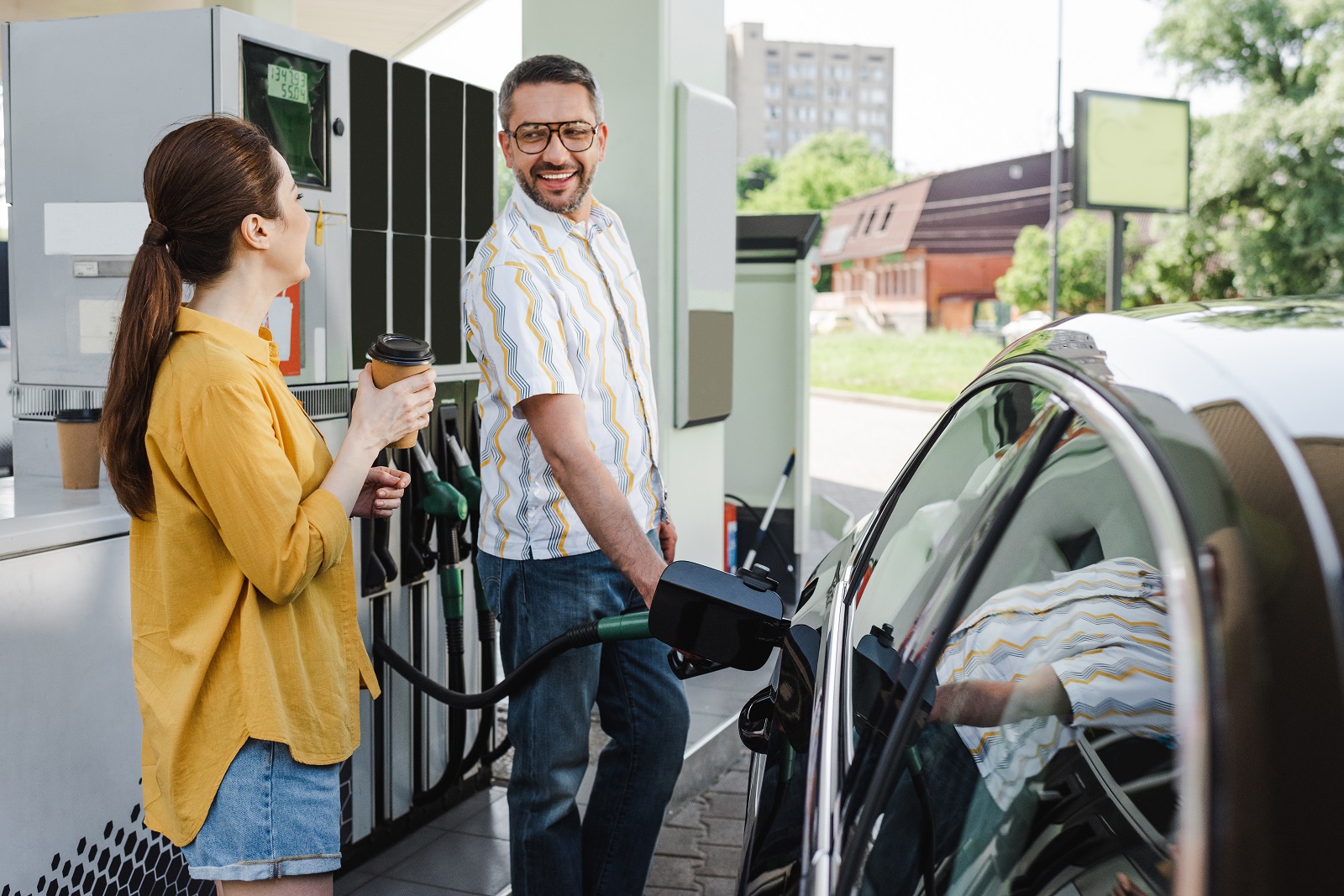
Unless it’s from a popular chain with a high turnover, the coffee might be stale or made from sitting grounds, providing a subpar start to your morning.
6. Bulk Candy
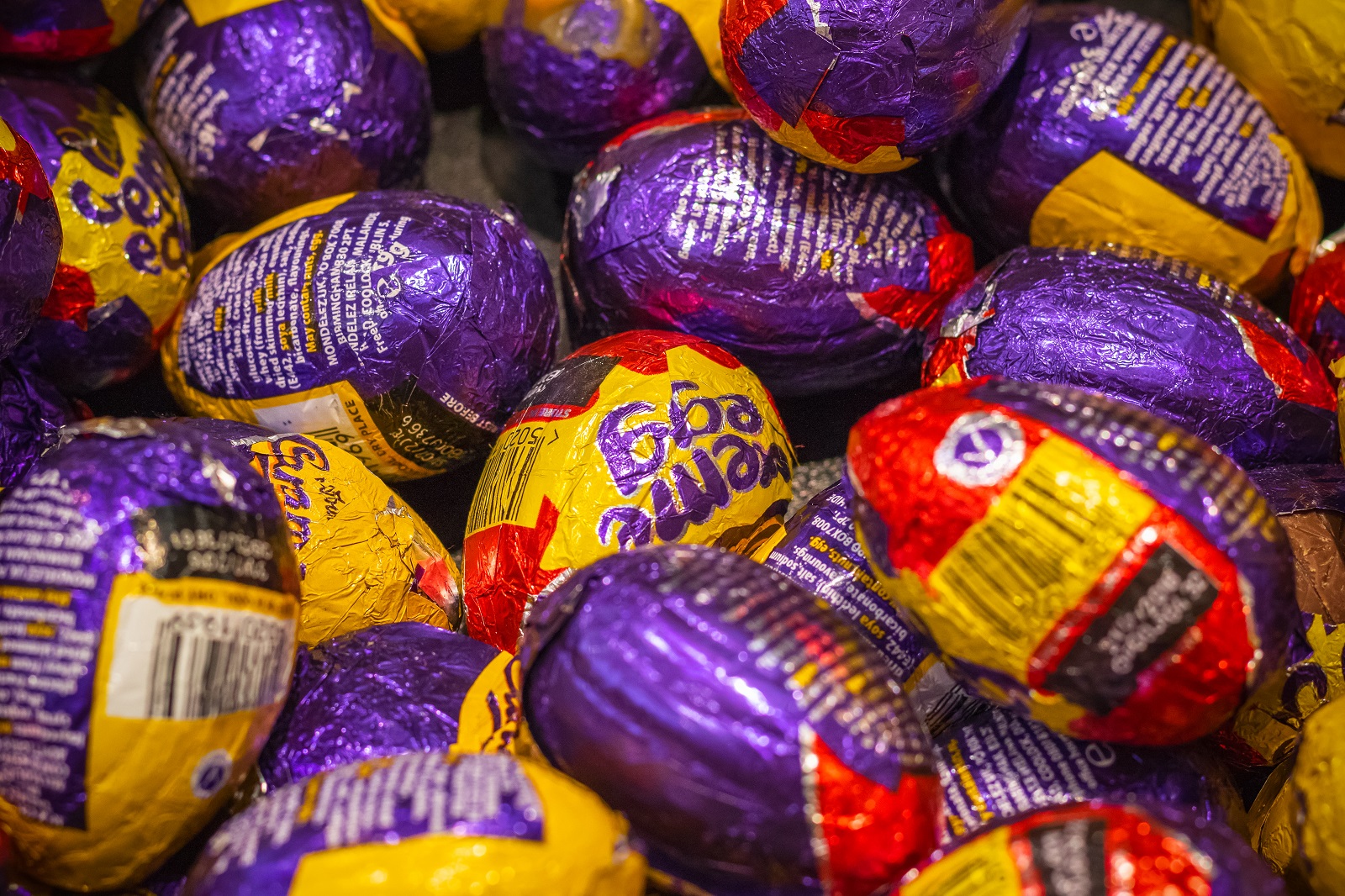
These candies can be overpriced and provide little nutritional value, contributing to quick spikes and drops in blood sugar levels.
7. Pre-cut Fruits
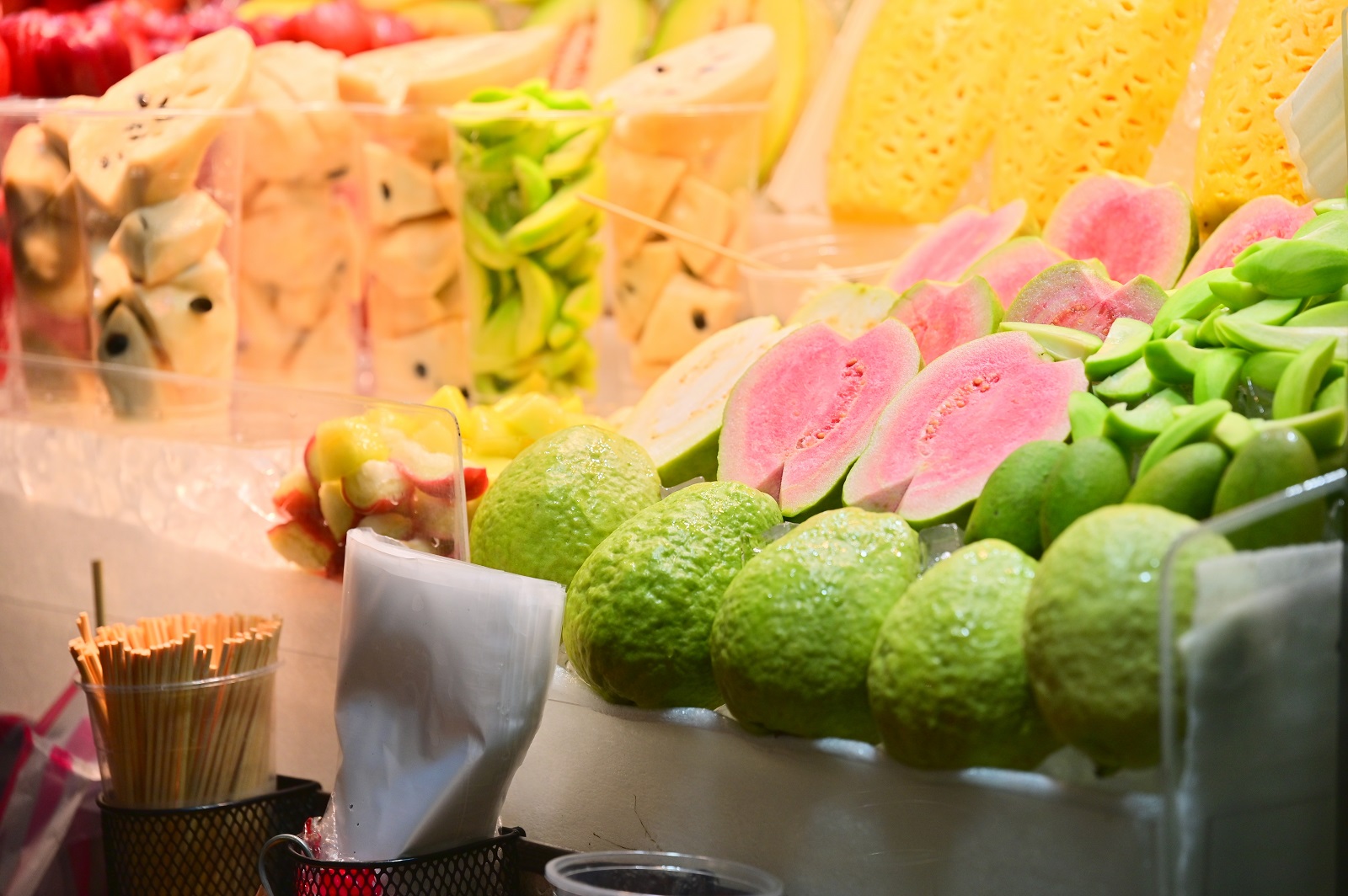
The handling and storage of pre-cut fruits can vary, making them a potential source of contamination and subsequent foodborne illness.
8. Bagged Ice
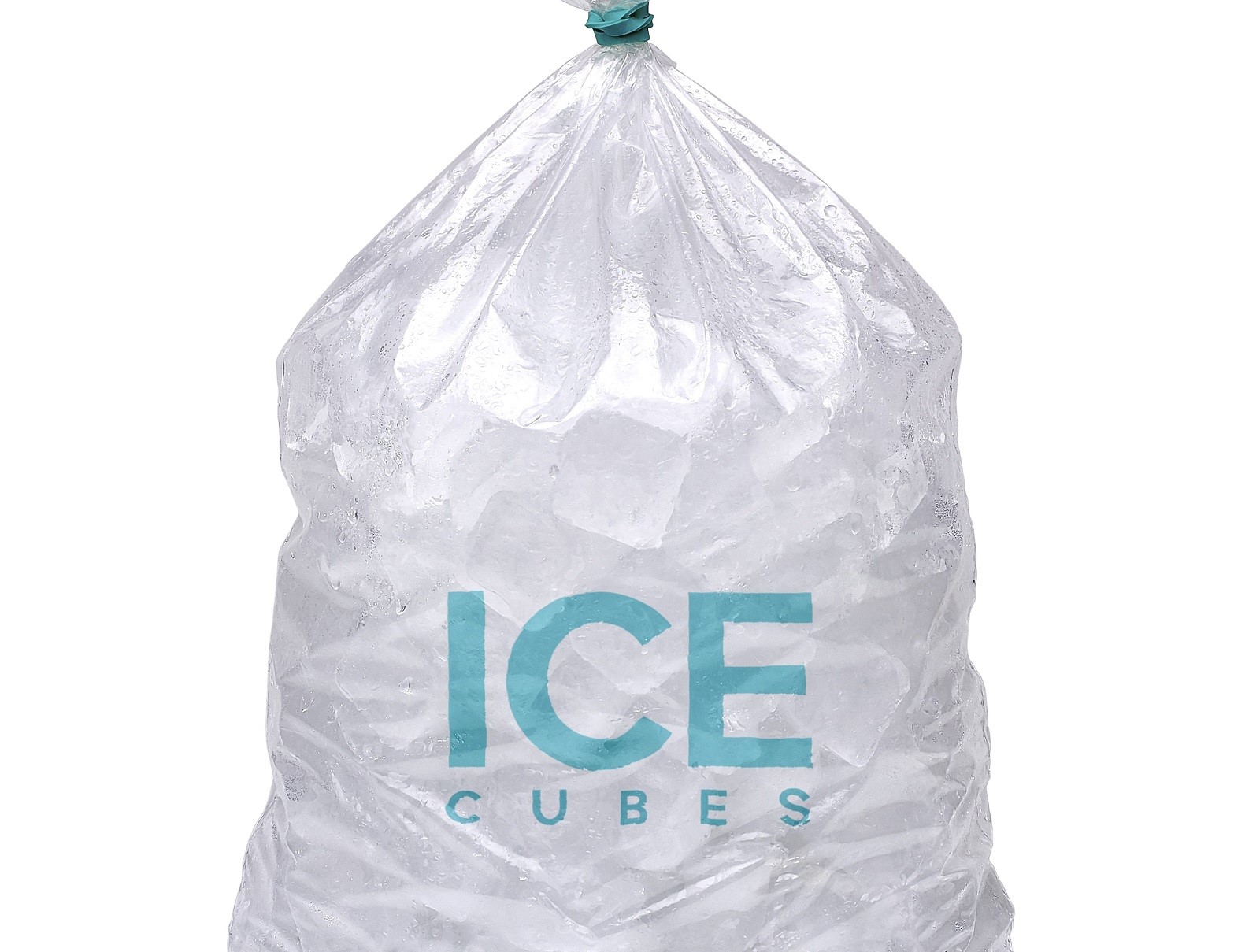
Bagged ice can be contaminated through poor handling, and it’s often something you can get for free at your hotel or campground.
9. Fountain Soda
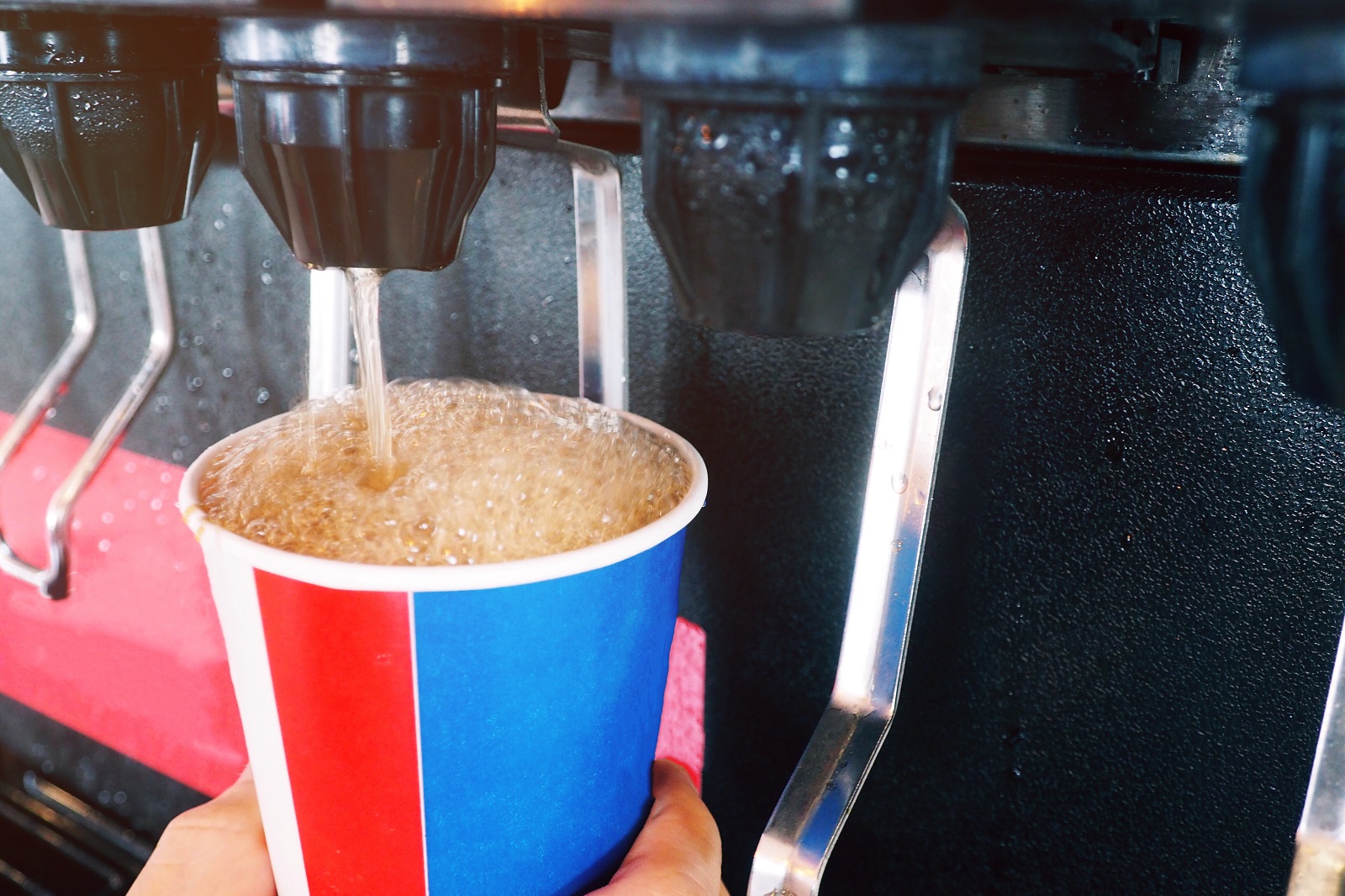
Like slushies, fountain soda machines might not be cleaned regularly, which could compromise the quality and safety of the drink.
10. Packaged Pastries

These are often loaded with preservatives and sugars, offering empty calories and possibly leading to a crash in energy levels later on.
11. Over-the-Counter Medications
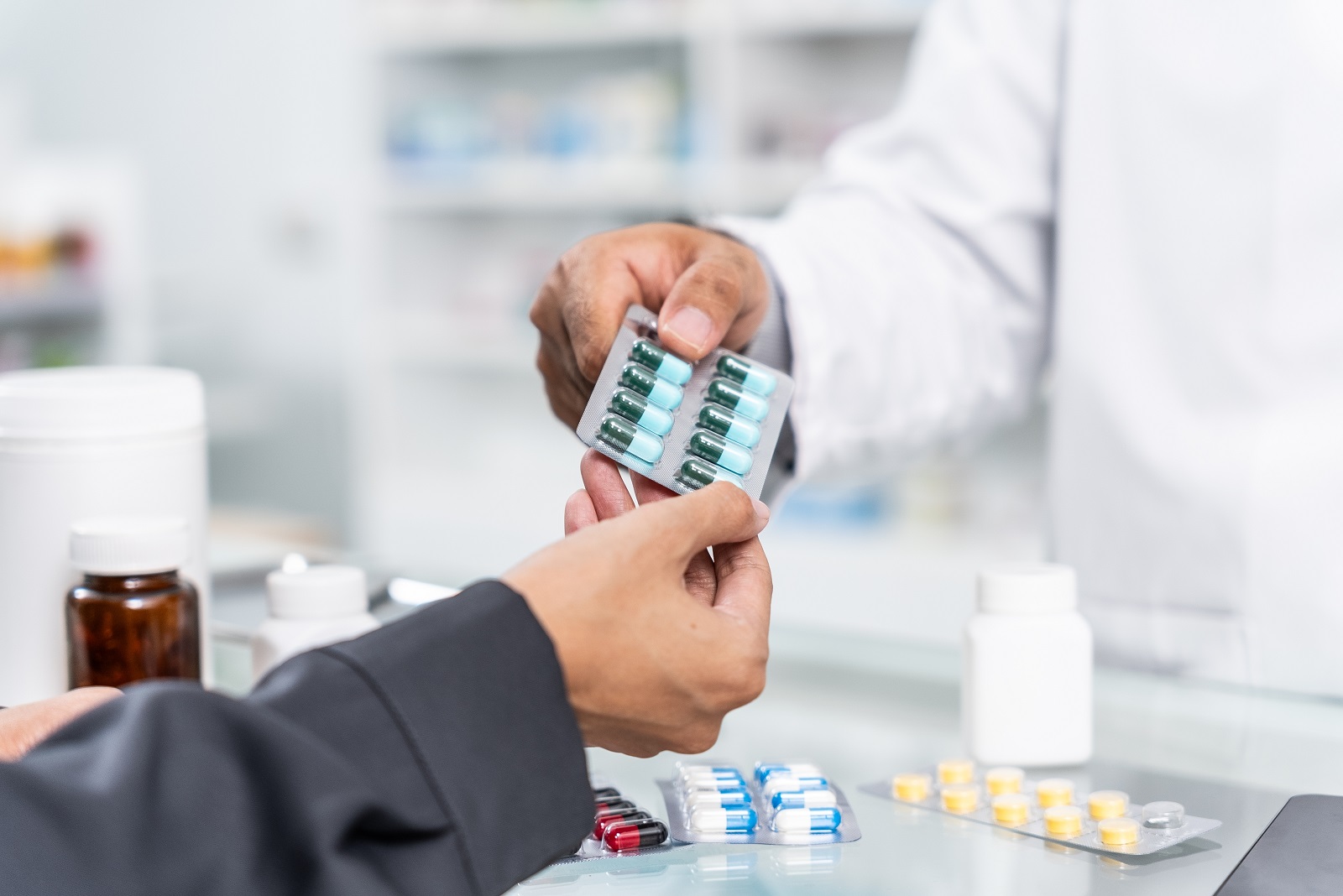
Buying medications at a gas station can be significantly more expensive compared to pharmacies or supermarkets.
12. Nutritional Supplements
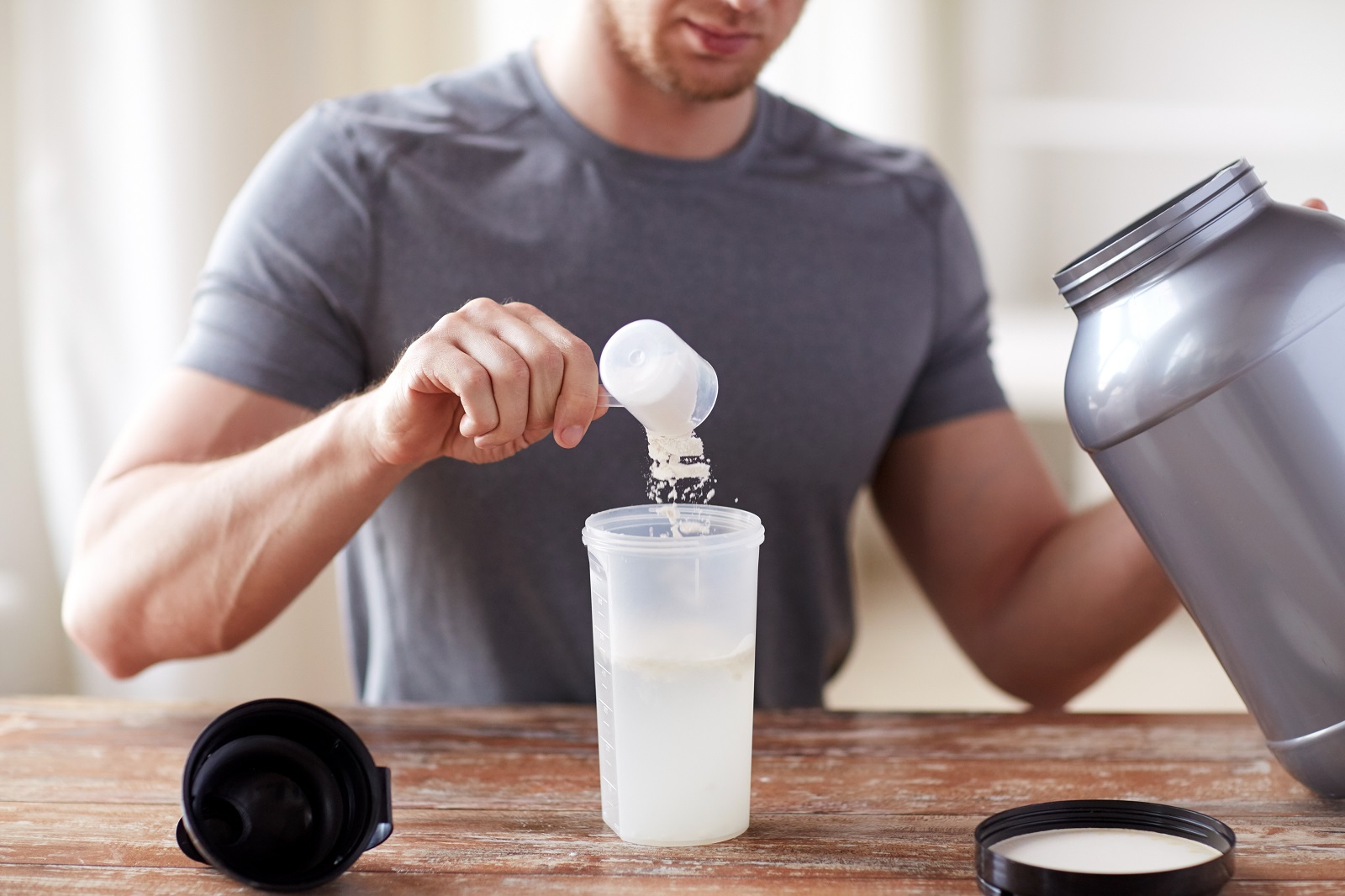
These products are not only overpriced at gas stations but also might not be the best quality or fit for your dietary needs.
13. Energy Drinks
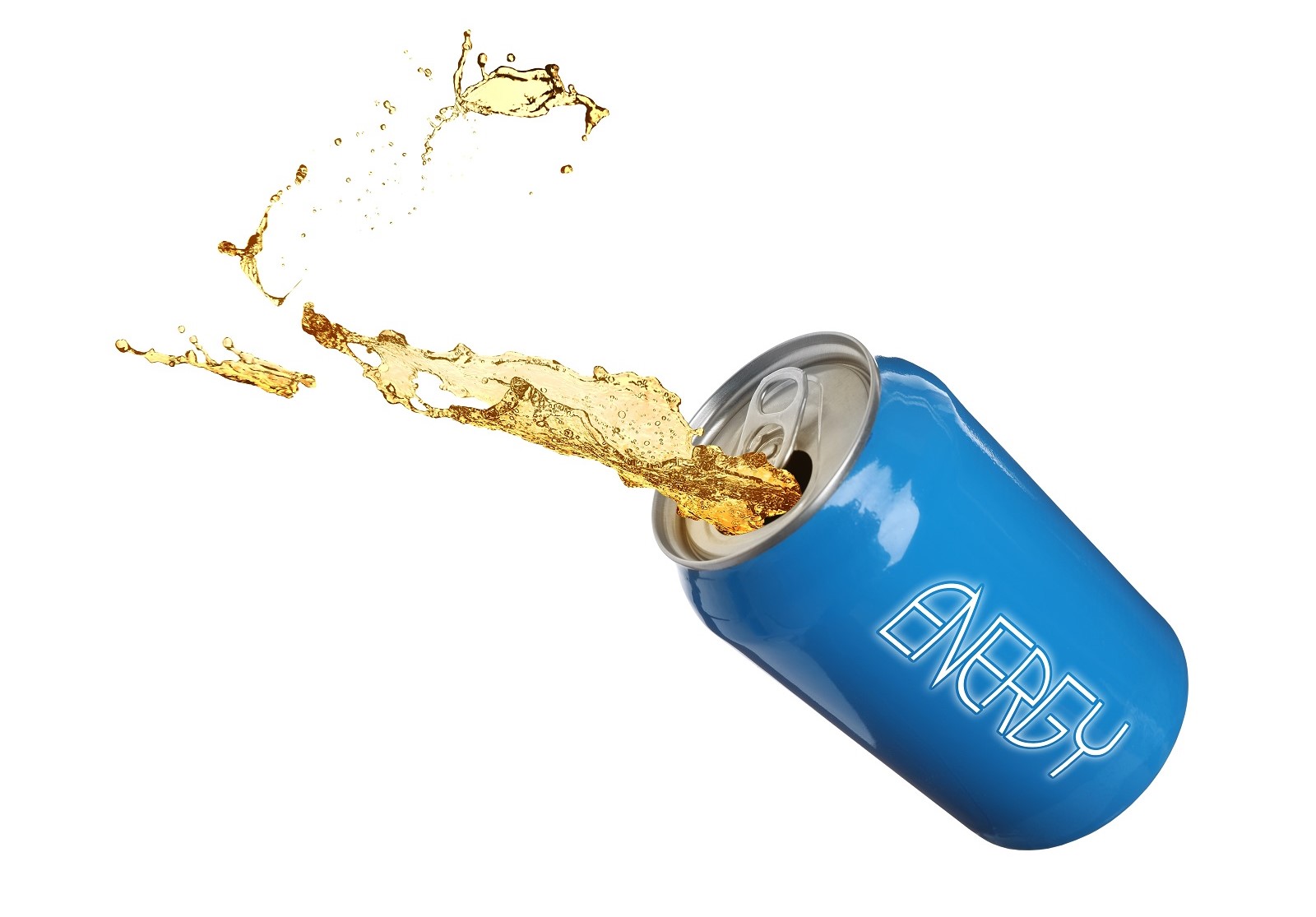
High in sugar and caffeine, energy drinks can cause quick spikes in energy followed by crashes, plus they’re often more expensive at gas stations.
14. Cheap Electronics or Accessories

Items like chargers and headphones at gas stations are usually overpriced and of poor quality, likely to fail when you need them most.
15. Alcohol
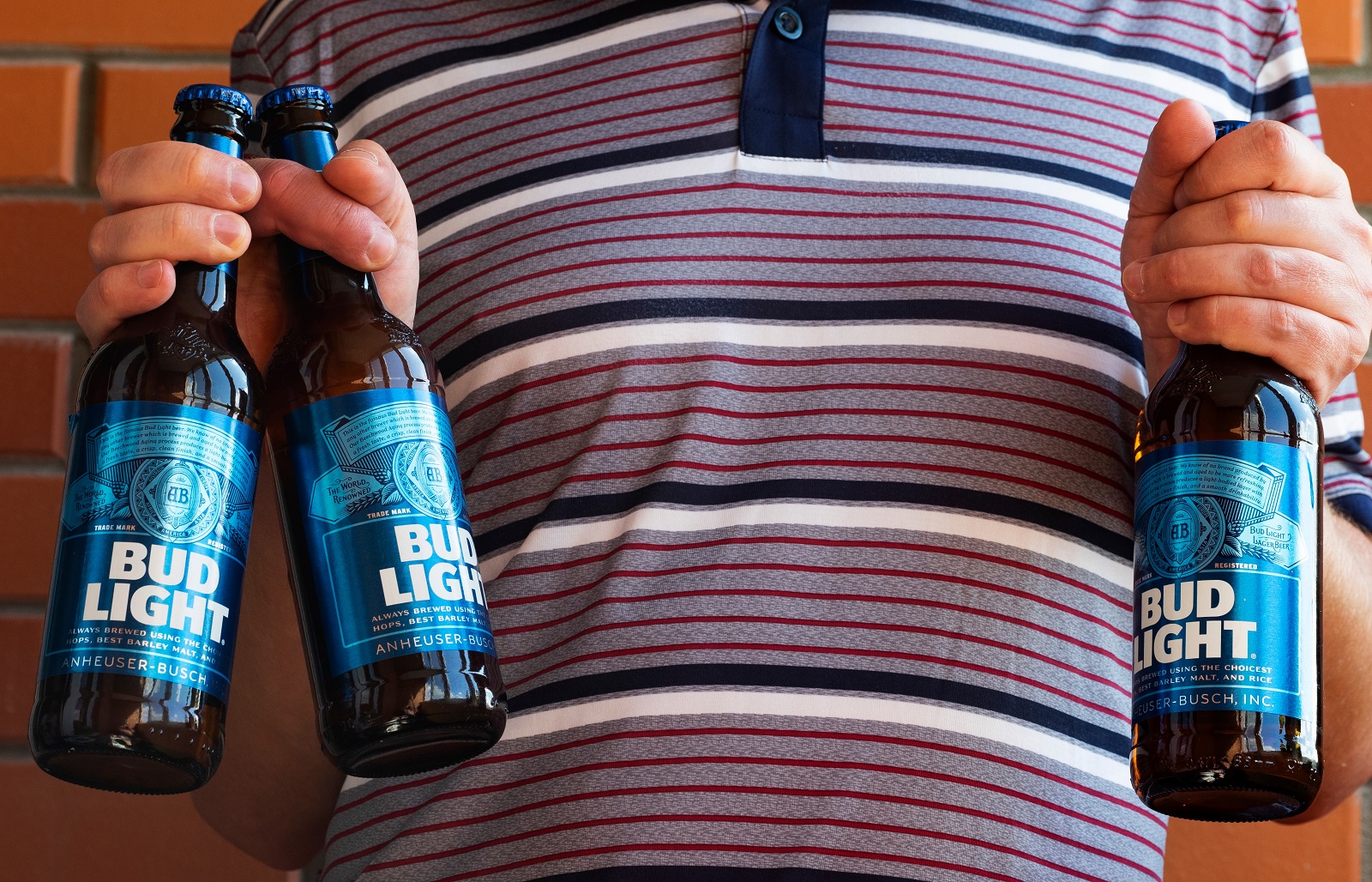
Buying alcohol at a gas station is typically more expensive compared to liquor stores, and it’s not advisable if you’re planning to continue driving.
16. Expensive Snacks
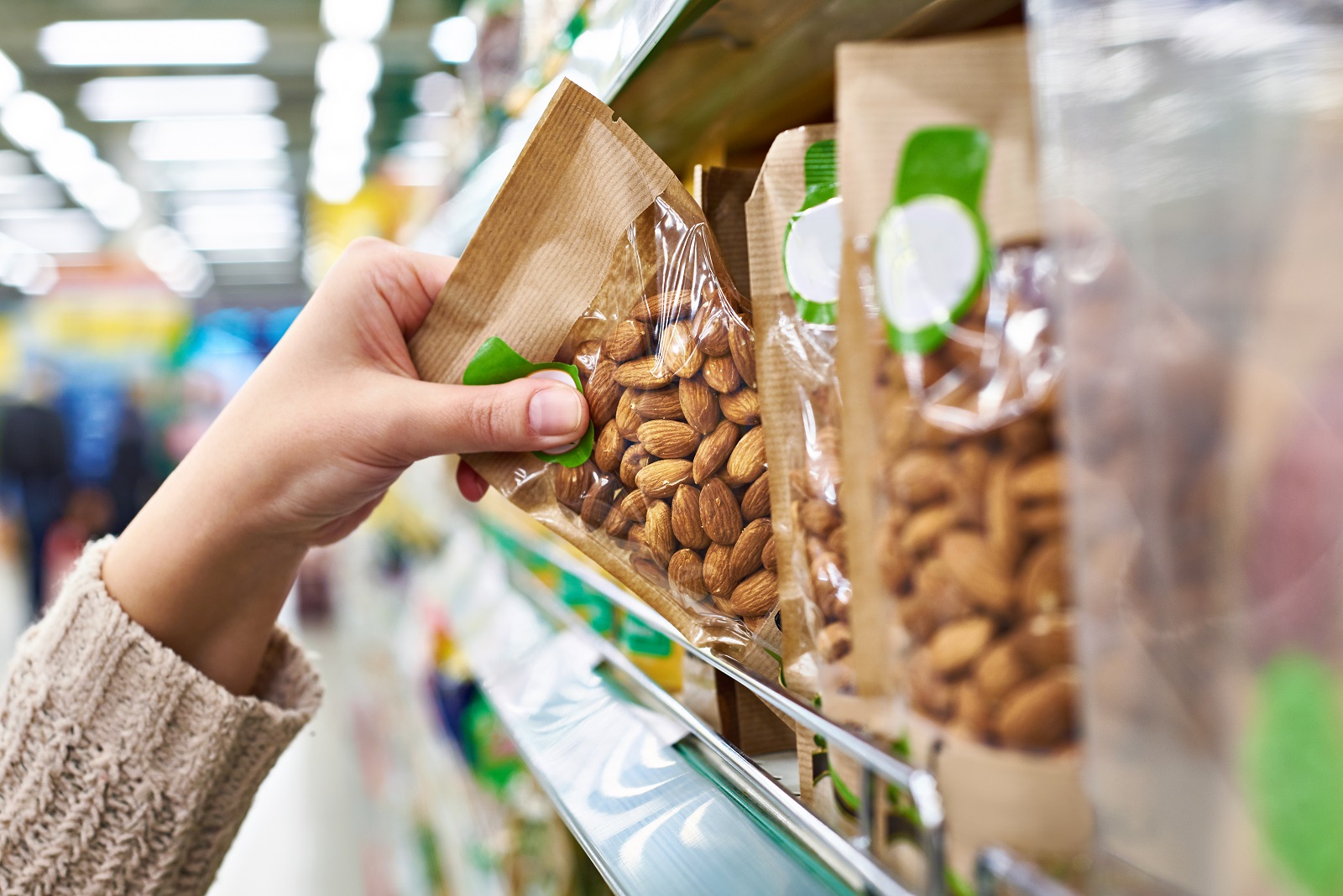
Branded snacks at gas stations carry a higher markup. It’s better to buy these in bulk from a grocery store before your trip.
17. Unfamiliar Local Snacks
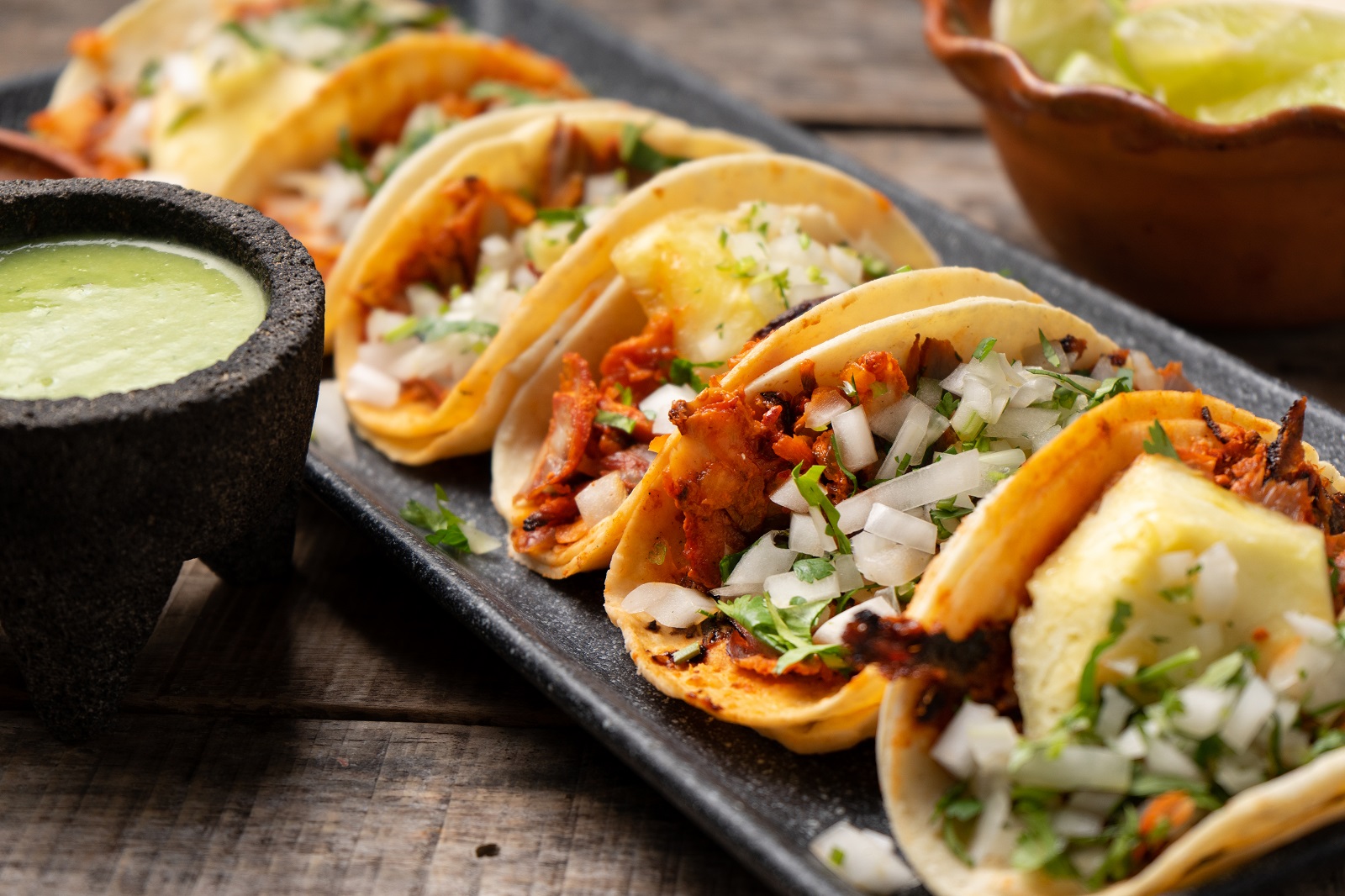
Local or unfamiliar brands may not meet your expectations or dietary needs, and you might find yourself paying a premium for novelty.
18. Chewing Gum or Mints at Checkout
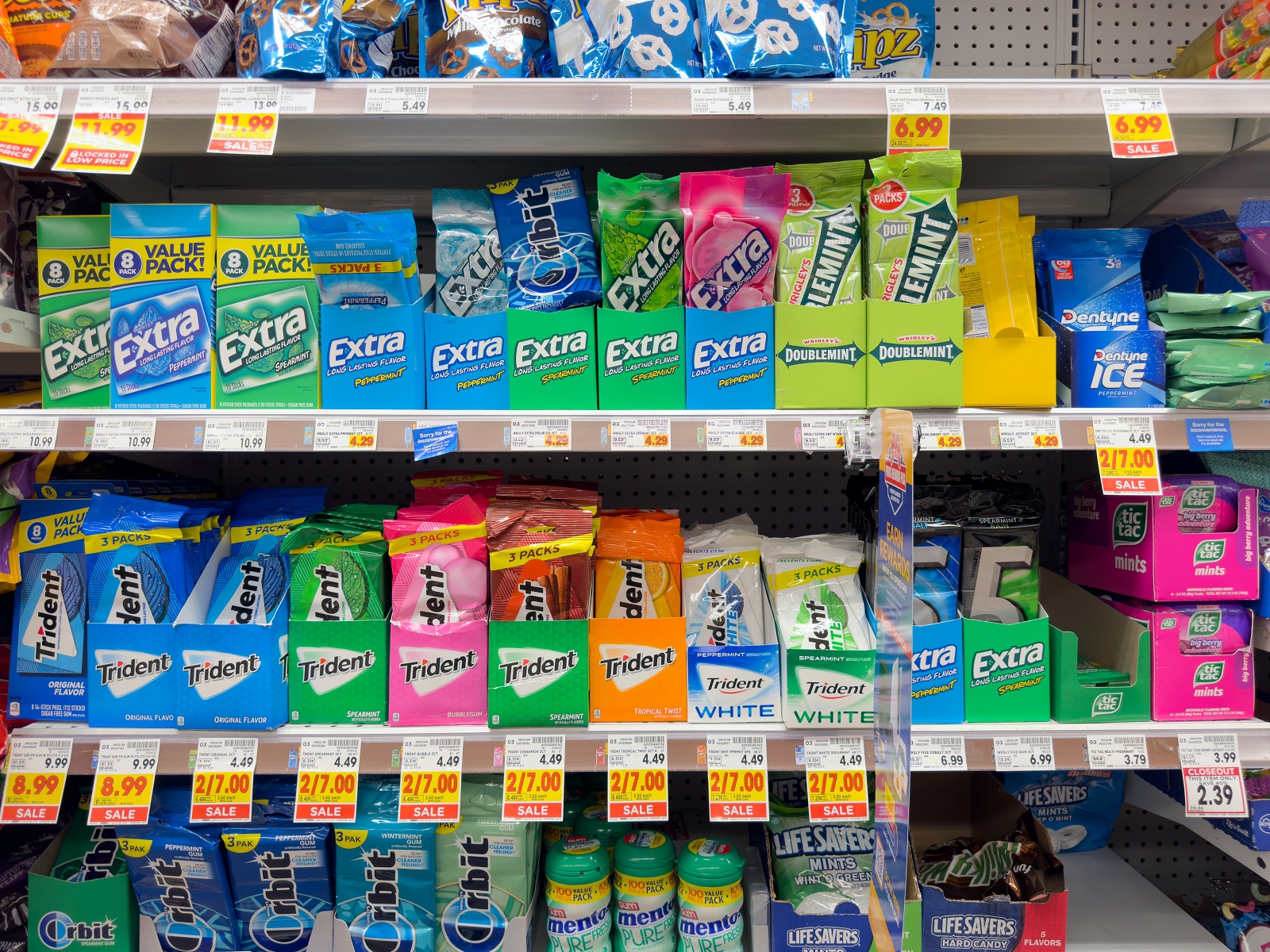
These impulse buys are often more expensive here than at supermarkets, and it’s easy to resist them if you’re prepared.
19. Bottled Water
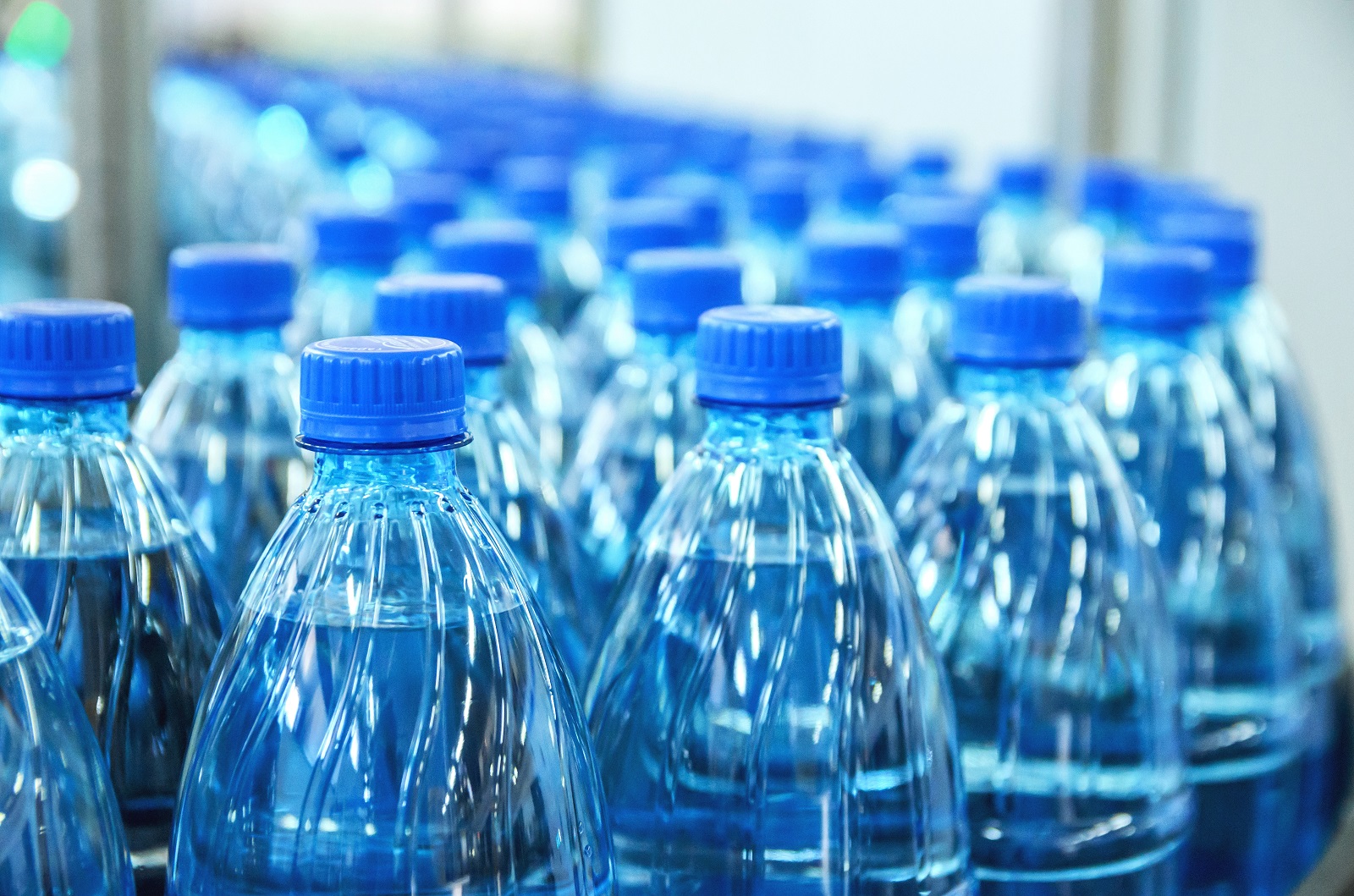
Purchasing single bottles of water can be costly over time. Consider filling a reusable bottle at rest stops or hotels instead.
Choose Wisely at Gas Stations
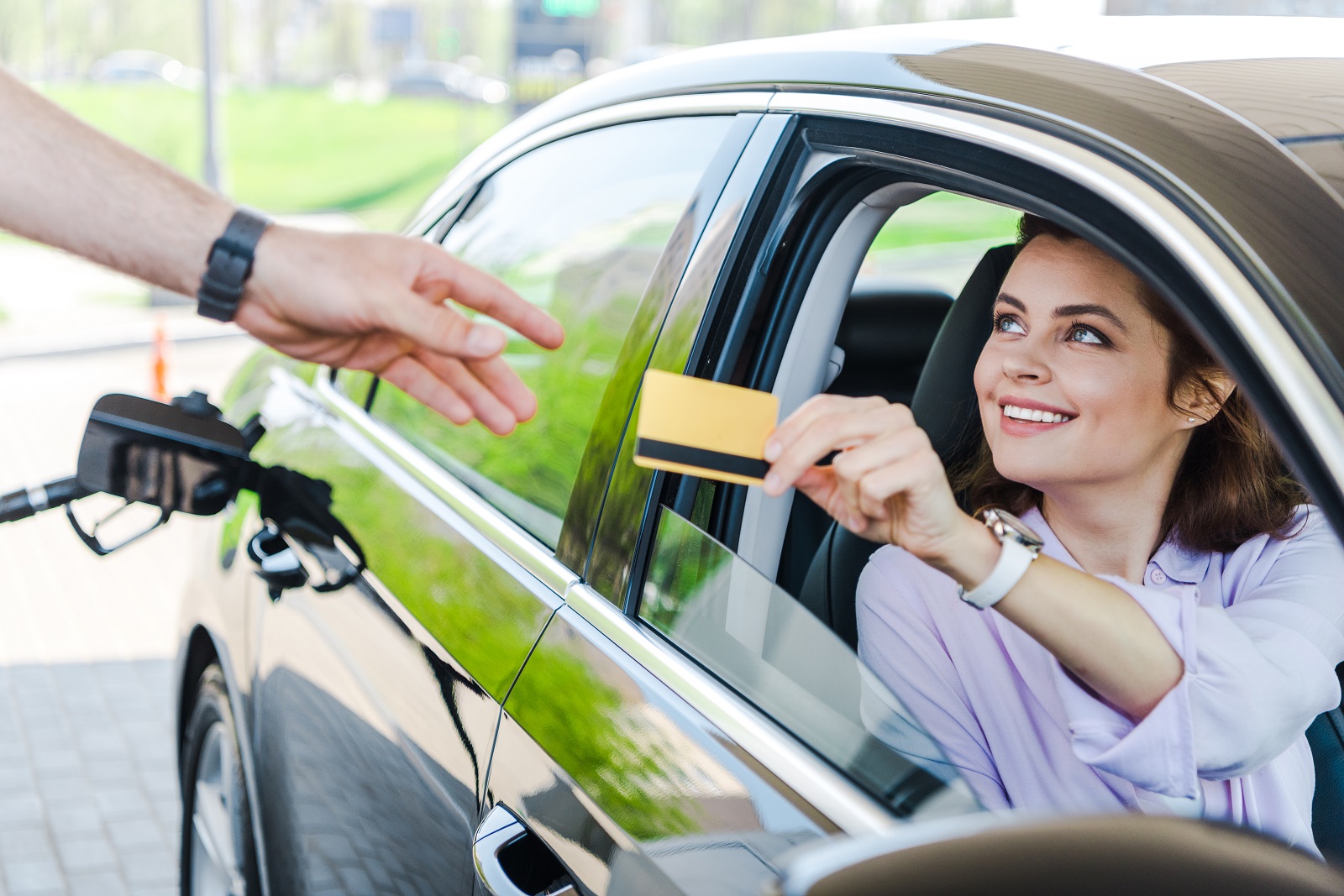
When stopping at a gas station, it’s best to stick to purchasing fuel and maybe grabbing a fresh, whole fruit or sealed beverages from recognized brands. For healthier, safer, and more budget-friendly road trip eating, consider packing your snacks and drinks, or choose items carefully by checking their storage and freshness. Be mindful of what you buy to ensure your road trip is as enjoyable and trouble-free as possible.
Featured Image Credit: Shutterstock / svetlaya_strana_omsk.
The content of this article is for informational purposes only and does not constitute or replace professional advice.
The images used are for illustrative purposes only and may not represent the actual people or places mentioned in the article.
For transparency, this content was partly developed with AI assistance and carefully curated by an experienced editor to be informative and ensure accuracy.

